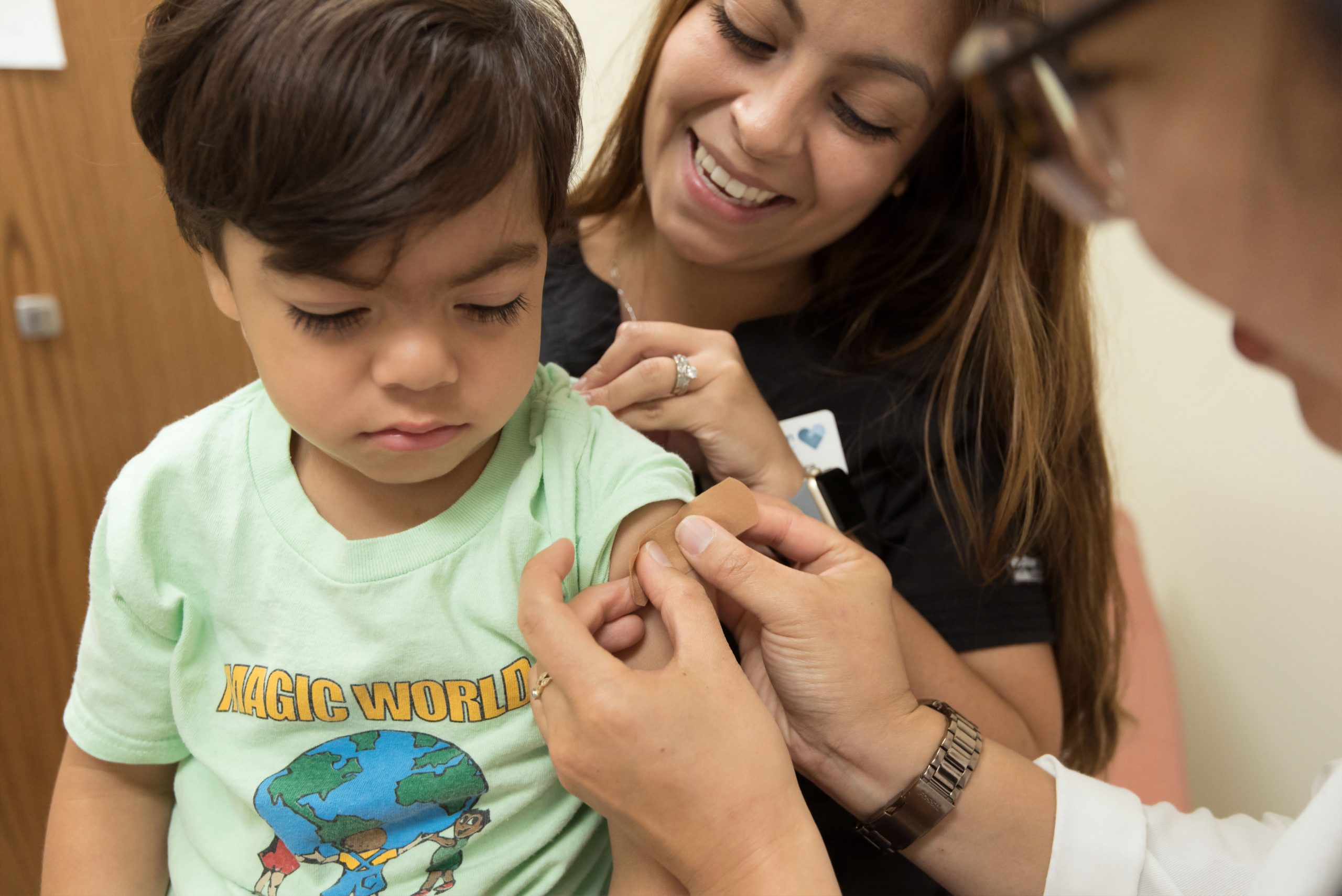Having a kid with a chronic illness is a club no one wants to join, and yet at least 10 percent of children have some sort of chronic health condition. Honestly, I find that statistic surprising, because one of the things about dealing with a kid’s health condition is that it can be isolating and lonely. There are not a lot of “What to Expect When Your Kids Has a Chronic Illness” books, and, let’s be real, even if there were, you would probably be too tired to read them.
As a psychologist and mama, I have a few (mercifully short) suggestions for making the chronic illness road a tiny bit less treacherous.
1. Tell your kid the truth about what is going on.
I did a lot of my therapist training in a children’s hospital, and so often I saw that children had never had someone clearly explain their diagnosis, prognosis, and treatment protocol. Obviously this information needs to be presented in a developmentally appropriate way, but it still should be presented.
If you’re not sure how to do this, there are a range of websites and books that are helpful, and many hospitals have Child Life Specialists who can be an amazing resource. Continue to provide your child updates as new lab work or information comes in.
2. Give your child as many choices as possible.
When life is hard, we all want choices. Make it a game to provide your child with as many choices as you can in a day. Eating may not be optional, but do they want waffles or mashed potatoes? Would they prefer to wear pajama pants or sweatpants to the doctor’s appointment? Do they want to get their blood draw in their left arm or their right arm?
Giving your child control over the things they can choose can help to reduce (not eliminate, this is not magic) power struggles.
3. Get clear about your expectations.
I’m going to say this simply: a chronic health condition is not a reason for your kid to become a jerk and your kid is still a member of the family. This means maintaining clear expectations around what constitutes appropriate and respectful behavior and continuing to maintain those expectations.
It also means maintaining the expectation that your child will contribute to the family. In fact, continuing to do chores has been found to be an important factor in long-term good mental health for children with health conditions. At the same time, you’re probably going to need to let go of some things. That’s okay. It takes a lot to figure out what things are essential to your family values and what things you can let go of.
4. Maybe do fewer things?
You’re a finite human being, with only so many hours in a day and flips to give. Managing your kid’s diagnosis likely takes up more of your life than most people can imagine. That reality stinks. What will not make it better is pretending that you have endless reserves of time and energy to do all the things. Caring for your kiddo is a job, and having that job means saying no to other activities, commitments, and relationships that are non-essential and/or draining.
It would probably also help to scale back on your expectations of yourself. Is your house messy? Awesome, it’s a sign you spent the day coordinating doctor’s appointments, and that matters more. Cereal for dinner? Throw in fruit and you have all the food groups. Bonus because you won’t have to spend any time washing pots and pans.
5. Get support.
You need someone you can talk to about what is going on. That could be a good friend, your mom, an online support group, a therapist, or a lady you meet in the doctor’s waiting room. Whoever it is, find someone you can go to for support. You will be better able to support your child if you are supported yourself.
Despite having listed the ideas above, I know that having a kid with a chronic health condition is hard, and there is no five-step plan that can change that. Be kind to yourself. Be kind to your people. You are going to make it.




















Great tips! It’s so challenging…
Thanks, Becky.
It is so so so challenging.
Hang in there!